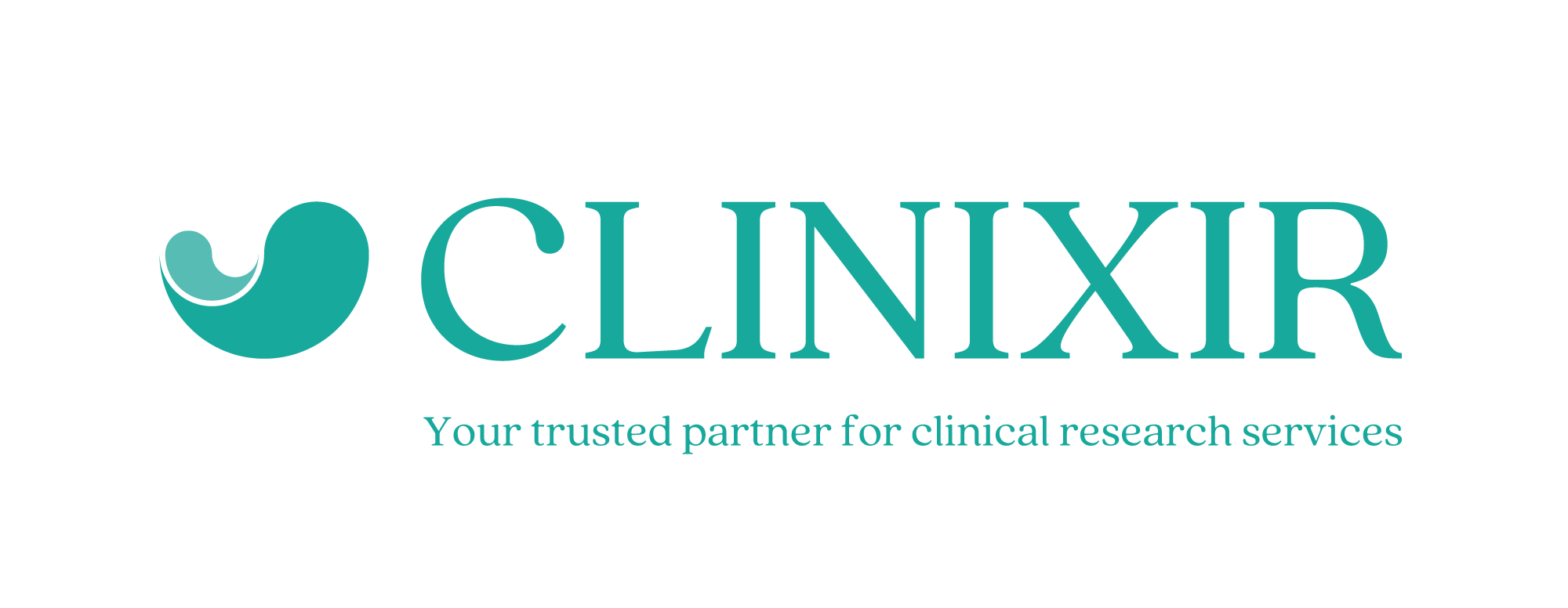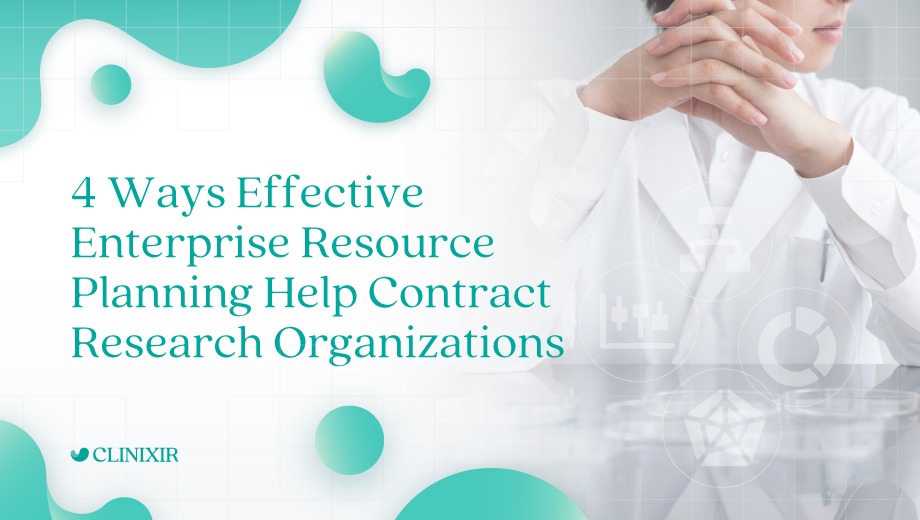Research is the unshakeable foundation of all pharmaceutical development. Yet not all research is of equal value; and although various Contract Research Organizations tend to make similar claims about the services they offer, key structural differences quickly become evident when taking a closer look at their operations.
Pharmaceutical companies routinely assess CROs in terms of their corporate values, industry experience, cultural integrity, and a number of other important factors. Sometimes overlooked, however, is their level of commitment to transparency – not only when conducting research, but also when dealing with customers at an administrative level.
For too long, many CROs have acted as a sort of ‘black box’, whose running costs, real-time progress, invoicing decisions, and other inner workings are virtually invisible to their customers until each project is complete. Such an approach does a disservice to pharmaceutical developers, who depend on predictable timelines and budgets when coordinating their own operations.
By incorporating the right Enterprise Resource Planning (ERP) software, CROs can add transparency at every stage of their projects – keeping customers informed of each development and milestone as it occurs. Below are four ways that a tailored ERP system can deliver genuine value for CRO customers, enabling greater business success.
1. Project management
Every project has its own schedule, milestones, and unique set of challenges to overcome. An effective ERP system should let customers track ongoing progress, for a clear view of the actual status of each project relative to the timeline estimated at the outset.
As a general rule, better communication enables better coordination. By receiving access to accurate and up-to-date status reports, pharmaceutical companies can modify their own plans and expectations accordingly, as this fuller picture of events allows them to channel their own resources with greater precision.
2. Budget controls
The business model of CROs makes this kind of transparency particularly valuable. Whereas other B2B industries typically base their invoices on a time-based model (hours worked), a sales model (products sold), or a subscription model (rights to access services), CRO projects are typically lengthy and complex, favoring payment in installments based on the achievement of suitable milestones.
Invoicing structures, however, vary by project – with customers often pre-paying for some services while paying upon completion for others. Milestone-based invoicing makes the aforementioned project management tools even more indispensable, as accurate and timely billing depends on the ability to track progress transparently. Moreover, customers’ budgeting requirements become far more predictable when the estimated timeline for each upcoming milestone is continuously updated.
ERP software can help customers get a clear view of these and other variables, so that any necessary budgetary adjustments can be prepared for as early in the process as possible. Far more than a mere convenience, this type of information can help customers free up valuable funds at critical times, often allowing them to allocate internal assets more effectively.
3. Cost tracking
Every research project involves material costs and other expenses, which are typically added to the customer invoice. While experienced CROs can estimate these costs in advance with a reasonable degree of accuracy, ultimately they will be borne by the customer, who therefore must make adequate preparations for this section of the invoice.
By helping customers stay in the loop at all times, a properly integrated ERP system can keep customers informed about costs throughout the duration of each project, and avoid being blindsided by unexpected items that appear on their bill. As with other invoicing matters, transparency on this topic allows customers to modulate their budget expectations according to real-time information regarding the progress of their current projects.
4. Overall efficiency
Of course, ERP software provides greater visibility not just to CRO customers – but also to CROs themselves, who can use the same real-time data to increase internal coordination and efficiency. With the ERP system giving CRO management a clearer view of their own operations, bottlenecks can be discovered and addressed more quickly, as resources are shifted to support projects that would otherwise be at risk of falling behind schedule.
As the CRO’s own operations become more streamlined and cost-efficient, the savings that accrue can be passed on to their customers, resulting in superior service for a lower cost.
The value of expertise
Although a well-designed ERP system can deliver enormous improvements in transparency, the data it provides will still require interpretation. Some expenses will be incurred either earlier or later depending on the project, just as some milestones are likely to be reached more quickly than others.
At Clinxir, we understand that managing and monitoring the progress of a clinical trial can be overwhelming – especially without the right tools. Utilizing the right systems is a key part of how we provide our bespoke, end-to-end solutions for each of our partners. We have the expertise, facilities and technology needed to answer all your clinical research needs.
To learn more about our services, contact us today.



